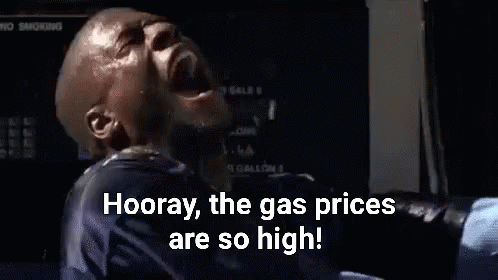For instance, this tripe: https://www.theatlantic.com/ideas/archive/2022/10/covid-response-forgiveness/671879/
I readily admit that I make mistakes and want to learn from them. However, a handful (or more) of people who got it wrong, rather than admitting as much, taking responsibility, and trying to correct it for the future, want their records cleared. These articles are meant to appear as a mea culpa, but they are not. They are merely another sleight-of-hand trick performed to dupe the masses.
Further, the article above is just another instance of virtue signaling. The author is trying to signal her side's moral superiority—note her exhortation to not gloat—by declaring a newfound erudition while advertising an outright revisionist narrative that does not just strain credulity but shatters it. While one cannot lay the blame for one person's actions at the feet of a movement, we all distinctly recall the diatribe coming people when anyone dared oppose. A generally unified front used "trusting the science" as a cudgel to beat actual scientists, critical thinkers, and others. To attempt to overlook numerous ethical failings—after all, when one takes actions counter to one's thoughts, it belies moral weakness—by simply sweeping them aside as the fruit of uncertainty is intellectually dishonest. That she does so under the guise of civility is ironic and disgusting.
The audacity to write, "But dwelling on the mistakes of history can lead to a repetitive doom loop as well. Let’s acknowledge that we made complicated choices in the face of deep uncertainty, and then try to work together to build back and move forward" is galling. For an apparent vanguard or thought-leader in the "trust the science" movement, it seems that they would welcome an intelligent, fact-based, civil discourse that offered ways to avoid the mistakes of the past. Yet, "trust the science" was always just a bumper-sticker moniker to short-circuit frontal lobe activity among the masses with docile compliance the aim.












